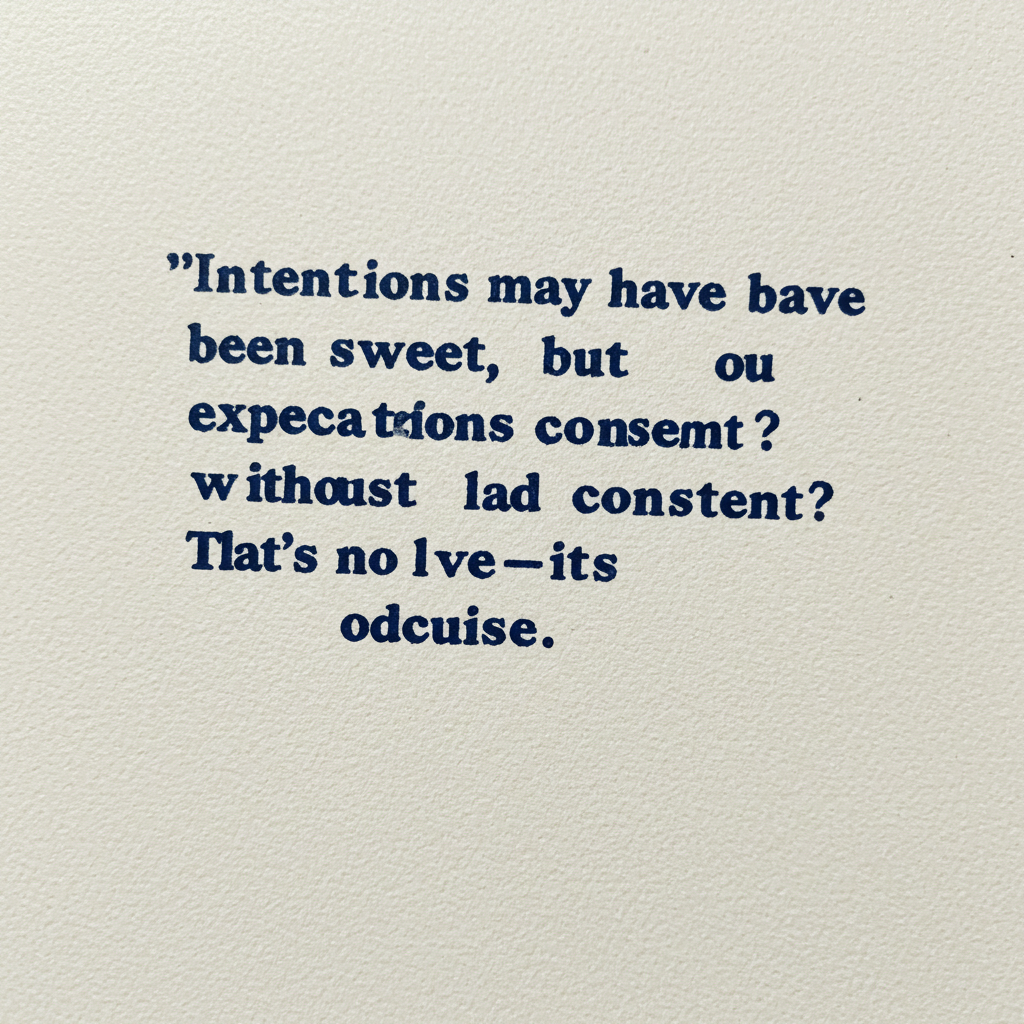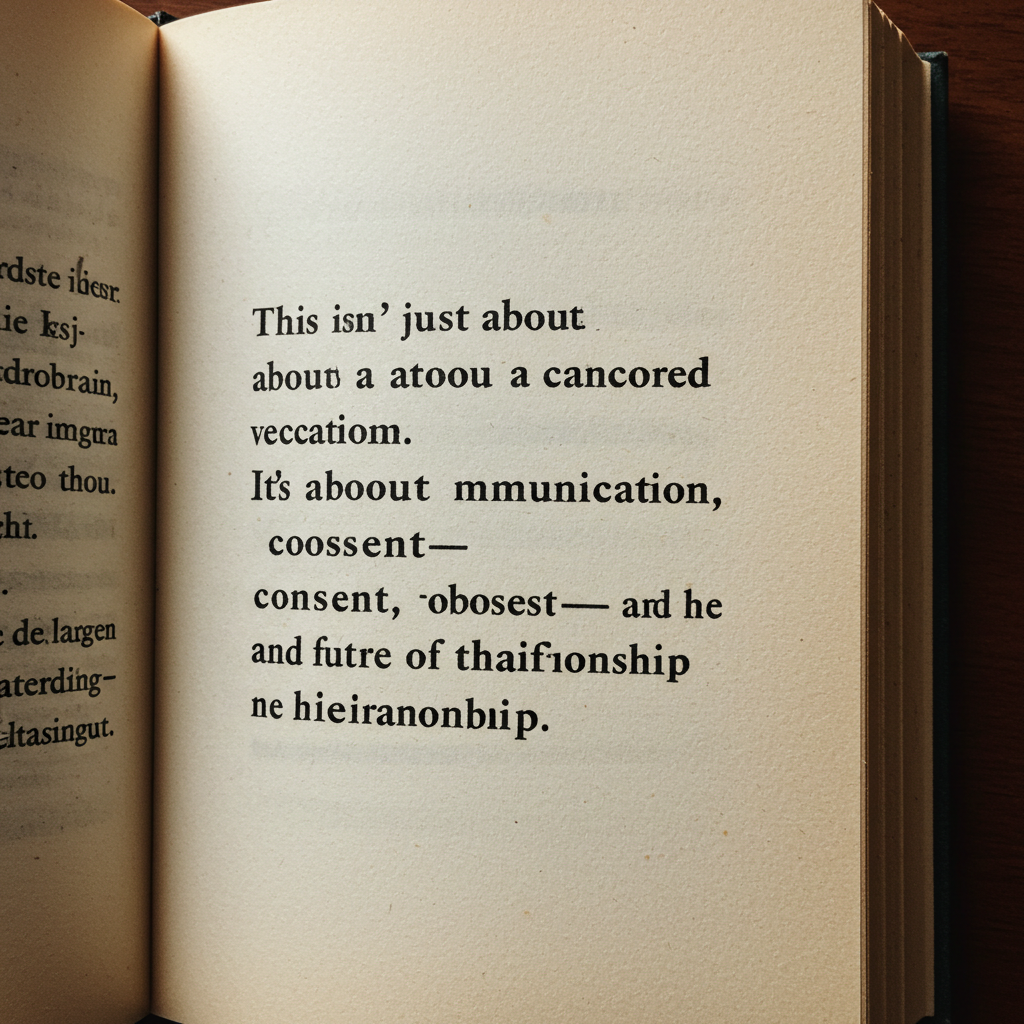AITAH for Not Paying for My Girlfriend’s Expensive Birthday Trip After She Planned It Without Asking Me?
Vacations are supposed to bring joy, not drama—but what happens when you’re expected to foot the bill for a luxury trip you didn’t agree to? In this AITAH scenario, one man’s refusal to pay for his girlfriend’s surprise getaway ignites a heated debate about financial boundaries and expectations in relationships.
Is he being cheap—or is she out of line? Let’s unpack this.
The Situation: Surprise Trip, Surprise Bill

A 27-year-old man—let’s call him Rohan—shared his dilemma on the r/AITAH subreddit, where it quickly attracted thousands of comments. Rohan’s girlfriend, Anya (25), had been talking about celebrating her birthday in style. He assumed they’d go out for dinner or maybe take a short weekend trip nearby.
Instead, Anya took matters into her own hands.
Two weeks before her birthday, she excitedly told Rohan she’d booked a five-day vacation to the Maldives—for the both of them. Luxury resort, spa packages, ocean-view suite, and all.
The cost? Over $5,000.
And she expected him to pay for all of it.
Rohan’s Response: “This Wasn’t a Joint Decision”

Rohan was stunned. He told Anya that he couldn’t afford to drop thousands on a vacation, especially one he had no part in planning. He reminded her they’d never agreed on such an extravagant celebration.
Anya was furious.
She accused Rohan of being selfish and unromantic. “It’s my birthday,” she said. “All I wanted was for you to make it special. If you really loved me, you’d make it happen.”
Feeling manipulated and financially overwhelmed, Rohan refused to pay—and Anya canceled the trip in anger.
That’s when he turned to Reddit: AITAH for not paying for a birthday trip my girlfriend planned without discussing it with me?
The Internet Reacts: Romance vs. Reality

Reddit had opinions. Lots of them.
The overwhelming response? Not the villain.
Top Comment Perspective:
“Surprise! I planned an expensive vacation you never agreed to—now YOU pay for it.” That’s not love, that’s financial coercion.
Many users argued that love doesn’t come with a price tag. Surprises are great, but financial ambushes? Not so much.
Others pointed out that in healthy relationships, major expenses are discussed beforehand. Booking a five-star trip and expecting one partner to absorb the cost sets a dangerous precedent.
But What About Effort and Romance?

While most sided with Rohan, a few tried to see things from Anya’s point of view.
Maybe she felt like Rohan didn’t plan anything for her last birthday. Maybe she just wanted to create a magical experience—and hoped he’d rise to the occasion.
But even if her intentions were sweet, her execution lacked respect for boundaries and budgets.
Financial Expectations in Relationships: A Real Talk

This story taps into a deeper issue that couples everywhere face: how do you navigate financial expectations in a relationship, especially when incomes (or priorities) differ?
Questions Every Couple Should Ask:
-
What are our spending limits for gifts or celebrations?
-
Do we expect each other to “go big” for birthdays or anniversaries?
-
Are financial surprises ever okay—or should major expenses always be mutual decisions?
In Rohan and Anya’s case, a lack of communication led to resentment. Had they discussed expectations ahead of time, this conflict might’ve been avoided.
When “Romantic” Turns into “Entitled”

Let’s be honest: it’s easy to confuse grand gestures with love. But expecting your partner to go into debt to prove their feelings isn’t romantic—it’s manipulative.
Rohan wasn’t unwilling to celebrate Anya’s birthday. He was unwilling to be cornered into paying for a luxury trip he had no say in. That’s not being a bad boyfriend—that’s setting a healthy boundary.
What Should Happen Next?

For Rohan:
-
Be clear about what kind of surprises are okay—and which aren’t.
-
Have a candid talk with Anya about how finances will be handled in the relationship.
-
Decide if this dynamic is a one-time issue or a red flag for deeper incompatibility.
For Anya:
-
Reflect on why she planned the trip without input.
-
Consider whether her expectations were fair or financially realistic.
-
Rebuild trust by acknowledging Rohan’s right to say no.
The Takeaway: Surprises Are Sweet—But Consent Is Sweeter

Love doesn’t mean saying yes to everything. It means respecting each other’s limits, especially when it comes to finances. Rohan’s refusal to pay for a lavish, unsolicited trip doesn’t make him the villain. It makes him someone who values communication, respect, and mutual decision-making.



